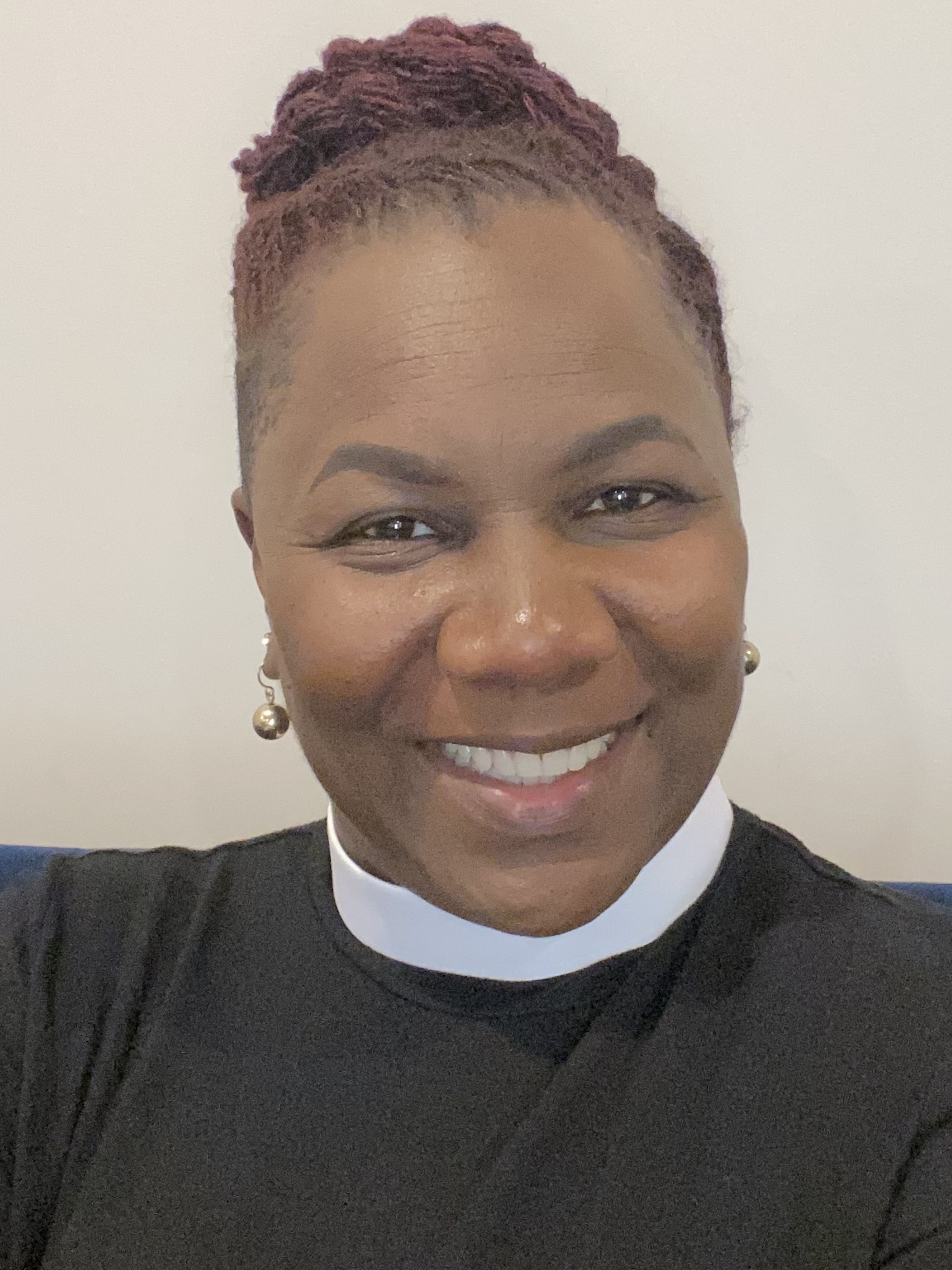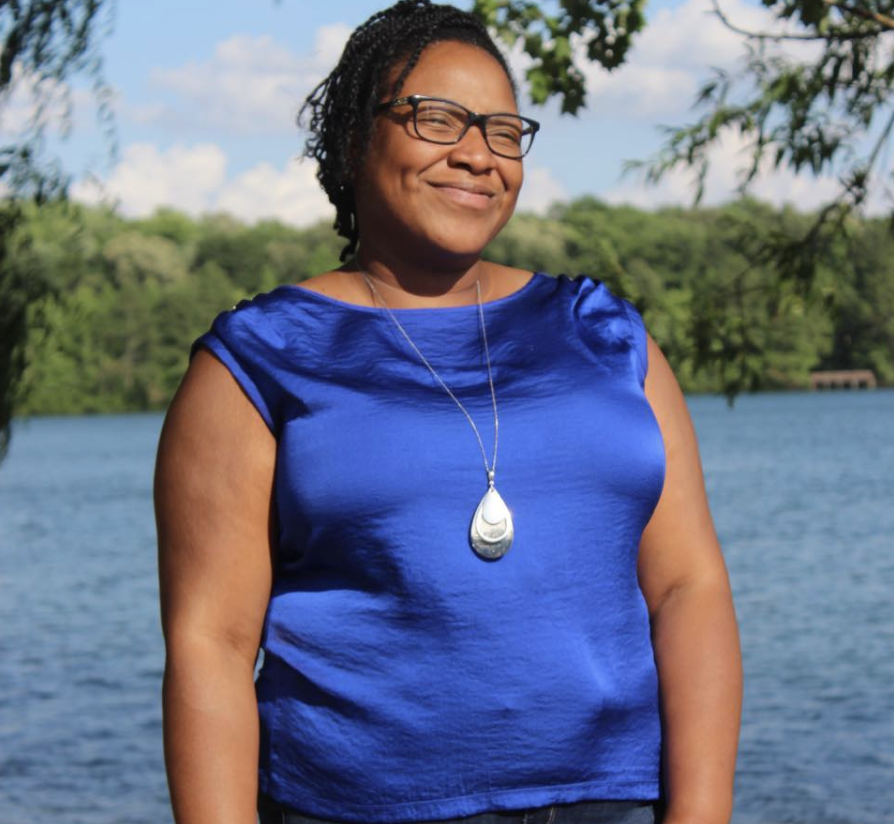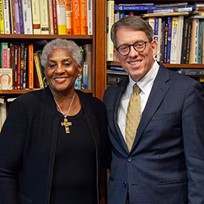“The Banning of Modesty: A Question of Values and Assimilation”
Dr. Darryn Hewson
Assimilation is an interesting value to have in a world that has become increasingly more diverse. The word brings to mind the show, “Star Trek” and the fictional alien race of borgs. Their goal was to assimilate every living creature into a single collective, with no individual thought and everything done for the good of the “collective.” Admittedly, there is an allure to that ideal of everyone always working together with no disagreements. Jesus’ prayer in the gospel according to John was that all would “be one in each other and one in God.” Does that kind of unity really mean an end to diversity or differences of opinion?
Recently, France made headlines by banning the “burkini,” a swimsuit that was designed so that Muslim women could go swimming at public beaches. The idea behind the suits came to prominence in Australia in 2004 though it wasn’t really new. The purpose was so that women could maintain the kind of modesty that some would argue Christianity, Judaism, Islam, and other traditions hold valuable even if not all of them practice that value in the same way. There are stories of Queen Victoria in the mid-1800s demanding a bathing suit that would maintain her modesty. More and more women and men are choosing (yes choosing) to dress more modestly for a variety of reasons including religion but also for protection from the sun.
So now we come to the question of values. In France and a few other countries, the argument is being made that the banning of the burkini or other forms of religious expression is in the interest of assimilation and protection of women. In Islam, the whole concept behind the covering of women’s hair and bodies is also about protecting them from being seen as objects. The issue is one that has been repeated over and over throughout history as one value seems to be in conflict with another. For sure, there are some women who are forced to wear the hijab or the burka. A Pew Research study published on April 5, 2016 found that to be a very small minority of women. The same study reported issues of harassment of women for their dress and found that the highest incidents of harassment were in countries that had created bans and not in ones that allowed freedom of religious dress.
Protecting women and minorities is certainly important. In some ways it’s like the parent trying to make sure their child fits in because they don’t want them to be bullied. The problem is that that assimilation mentality often does more harm to a child (and likely to an adult) than even the potential bullying. To force someone to be something they are not doesn’t create the kind of unity we want. Sameness does not equal unity. If we are not able to find unity in diversity, then we aren’t really looking for unity and we will never achieve the peace we desire.
Dr. Darryn Hewson spends much of his time learning about and experiencing firsthand the traditions of others. His doctoral work was focused on worship as a form of dialog and creating sacred spaces. He has worked with Christians, Muslims, Jews, Buddhists, and others all over the world, trying to help people understand what is most important in their relationship to an infinite God. His mission is to build bridges across the things that divide us, doorways through the barriers that separate us, and windows into the knowledge that can erase the ignorance of hate and fear between us.





